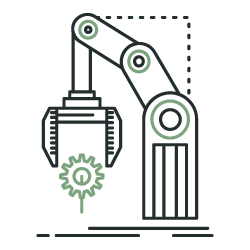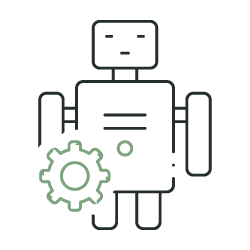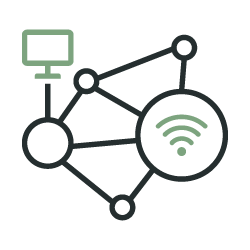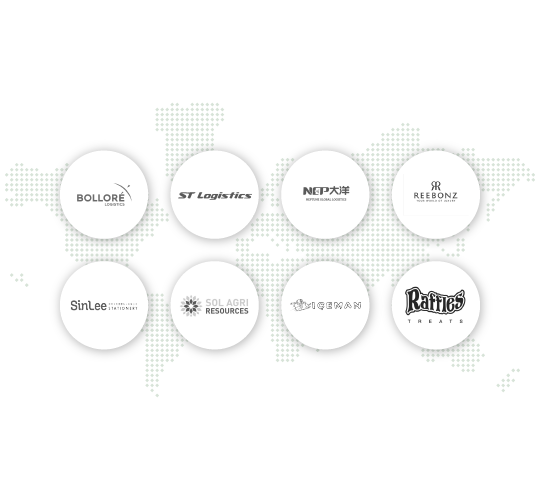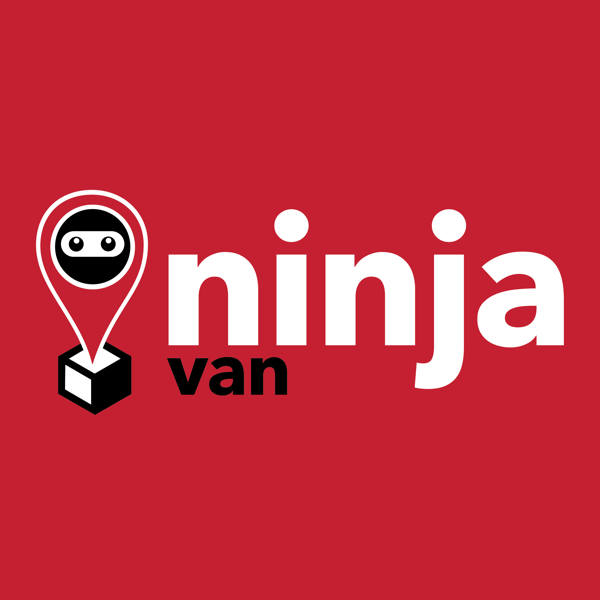Covers projects using Linear Regression, Logistic Regression, Decision Tree, Time Series Forecasting, K-Nearest Neighbor, Support Vector Machine, Neural Networks, CNN, RNN, Adaboost, GBM, Random Forest etc.
PROJECT 1
TITLE - Predict Property Pricing using Linear Regression
DESCRIPTION - With attributes describing various aspect of residential homes, you are required to build a regression model to predict the property prices using optimization techniques like gradient descentT
PROJECT 2
TITLE - Classify good and bad customer for bank to decide on granting loans
DESCRIPTION - This dataset classifies people described by a set of attributes as good or bad credit risks. Using logistic regression, build a model to predict good or bad customers to help the bank decide on granting loans to its customers
PROJECT 3
TITLE - Classify chemicals into 2 classes, biodegradable and non-biodegradable using SVM
DESCRIPTION - Biodegradation is one of the major processes that determine the fate of chemicals in the environment. This Data set containing 41 attributes (molecular descriptors) to classify 1055 chemicals into 2 classes - biodegradable and non-biodegradable. Build Models to study the relationships between chemical structure and biodegradation of molecules and correctly classify if a chemical is biodegradable and non-biodegradable.
PROJECT 4
TITLE - Cluster teen student into groups for targeted marketing campaigns usng Kmeans Clustering
DESCRIPTION - In marketing, if you’re trying to talk to everybody, you’re not reaching anybody..This dataset has social posts of teen students. Based on this data, use K-Means clustering to group teen students into segments for targeted marketing campaigns.
PROJECT 5
TITLE - Predict quality of Wine
DESCRIPTION - Wine comes in various style. With the ingredient composition known, we can build a model to predict the the Wine Quality using Decision Tree (Regression Trees)

